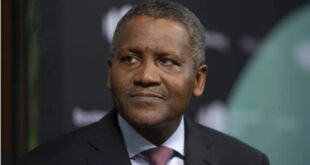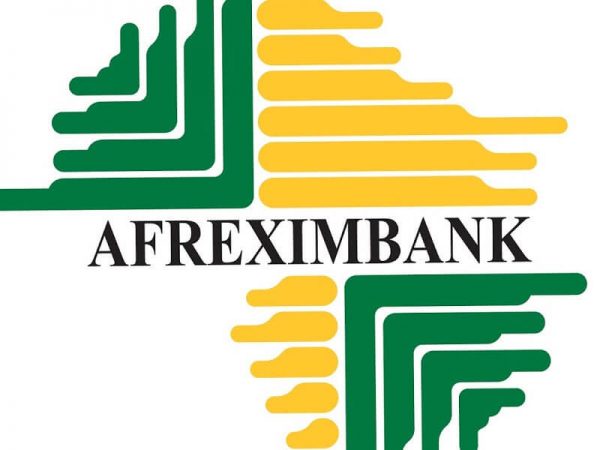
The Chief of Naval Staff (CNS), Vice Admiral Usman Jubrin, has stated that the efforts being put in place by the Nigerian Navy to tackle crude oil theft, piracy and other acts of criminality in the nation’s oil and maritime sector are yielding tremendous results with particular reference to crude oil theft, which witnessed a 154 per cent reduction since January
Jubrin disclosed this yesterday in Abuja when he received the new Group Managing Director (GMD) of the Nigeria National Petroleum Corporation (NNPC), Joseph Dawha, who led his management team on a courtesy visit to his office at the Naval Headquarters.
The naval chief promised that oil theft in Nigeria would soon be a thing of the past, stating that in the space of seven months (January-June), it had declined from 2.6 million barrels to 0.9 million barrels.
He said: “In the last seven months we have recorded huge success, particularly in the area of oil theft and piracy. In January for instance, we recorded 2.6 million barrels of crude oil were stolen from our shores, but in June, based on the records we have, it has dropped to about 900,000 barrels.
“We would continue to do our best towards an appreciable level to the extent that people would not show interest in it again. It is a huge task but it is surmountable.”
Speaking further, the CNS identified four major challenges that had bedeviled the maritime domain of Nigeria to include oil theft, illegal bunkering, piracy and poaching on the country’s waters.

He lamented that some people steal the nation’s crude oil and export same outside of the shores of this country.
Jubrin noted that Nigerians get involved in this illegality by establishing illegal refineries to the extent that some of the stolen crude is refined in these illegal refineries.
He explained that the consequence of these illegal refineries was environmental pollution apart from depriving the nation of its revenue, adding that the most daunting challenge was that it places the country in bad light internationally.
He said this trend must be checked immediately so that the image of the country will not be so tainted outside the shores of the country.
“Apart from that, in respect of piracy, before I came on board, it was a huge challenge that we were recording piracy and sea robbery in our waters on a daily basis that foreign navy felt they could be of assistance
“Some of us felt challenged that is why the first thing we did was to have effective patrols around ships at anchorage position,” he said.
“Today I can say that we have been able to check piracy within Lagos water to barest minimum,
“I cannot say it is not in existence but we can count it that in a month we may record up to one or maybe one or two,” he noted. He said the Ministry of Petroleum Resources and the NNPC can attest to the fact that crude oil theft was on the decline.
Earlier, Dawha, who has been visiting security chiefs since his assumption of office, said he came to seek a sustained partnership with the Nigerian Navy especially in the areas of pipeline security, vandalism, crude and product theft.
According to him, the collaboration is to enhance smooth operations in protecting the maritime area of Nigeria, especially as it relates to oil and gas.
The new NNPC boss also said they need the support of the navy in associated crimes of kidnapping/abduction of oil workers onshore, offshore and deep water.
He said: “There is the need to strengthen the close ties between the Nigerian Navy (NN) and NNPC for the socio-economic growth and stability of our fatherland.
“Peace and security are essential ingredients for growth and prosperity of the nation.”
“The Nigerian Navy is a major platform for realising that noble objective, particularly in the maritime domain of our country.”
 MMS PLUS NG – Maritime, Aviation, Business, Oil and Gas News Online Newspaper with coverage in Maritime, Oil and Gas, Aviation, Power and Energy as well as Financial News
MMS PLUS NG – Maritime, Aviation, Business, Oil and Gas News Online Newspaper with coverage in Maritime, Oil and Gas, Aviation, Power and Energy as well as Financial News









